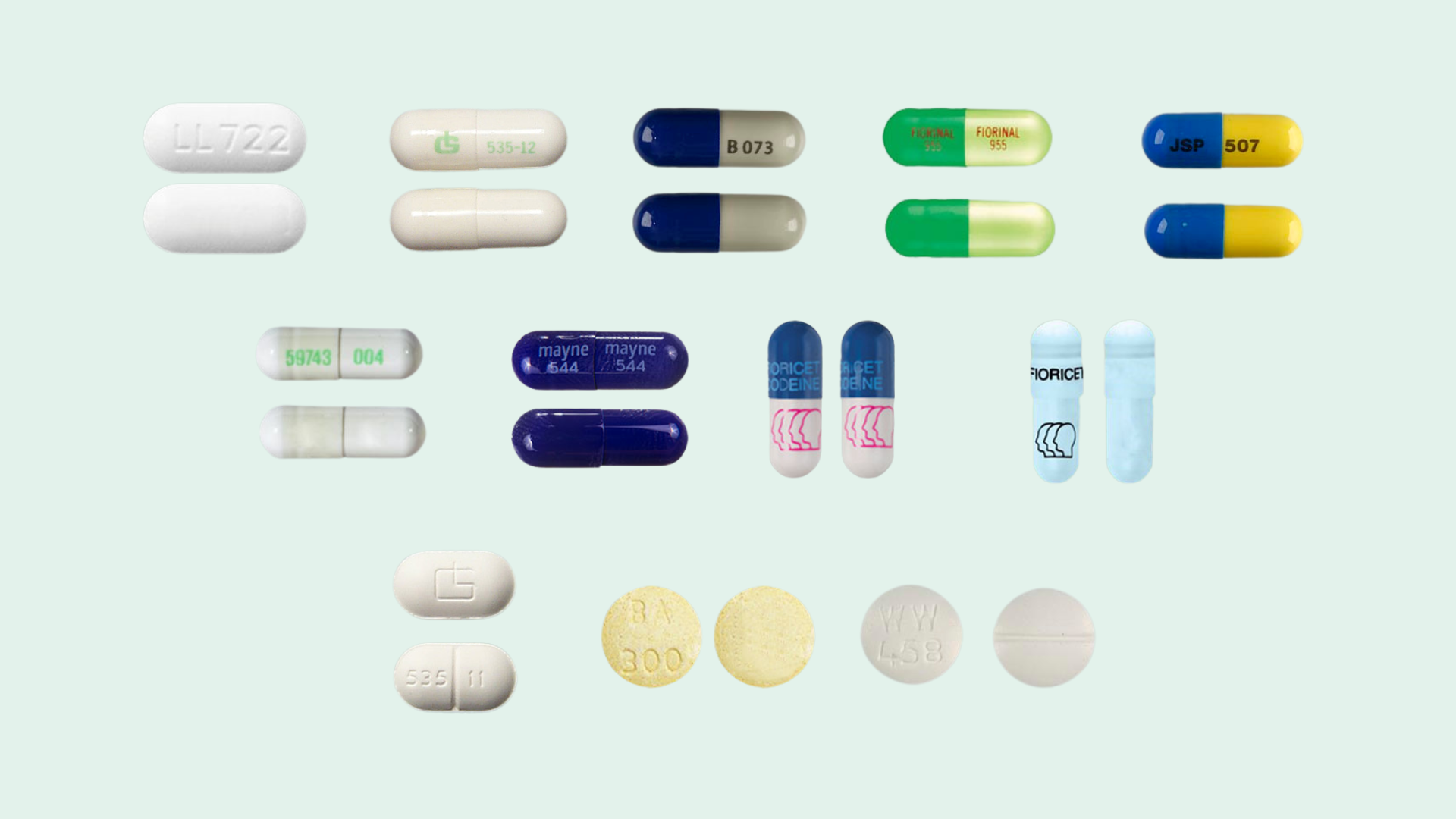What Are Barbiturates?
Barbiturates belong to a class of drugs known as central nervous system (CNS) depressants. They were initially developed in the early 1900s and became popular for treating anxiety, insomnia, and seizure disorders. However, due to their high potential for abuse and the severe side effects associated with overdose, their prescription has significantly declined in recent decades.
Mechanism of Action
Barbiturates primarily function by enhancing the effects of gamma-aminobutyric acid (GABA), a neurotransmitter that inhibits brain activity. By binding to GABA receptors, barbiturates induce a calming effect, which can lead to sedation and relaxation. While they can be effective for certain medical conditions, the fine line between therapeutic and toxic doses makes them particularly hazardous.
Common Types of Barbiturates
Barbiturates are available in various forms, including
- Phenobarbital: Often used to control seizures
- Secobarbital: Typically prescribed for insomnia
- Amobarbital: Sometimes used in psychiatric settings
These medications can be administered orally or intravenously, with some users even crushing pills for snorting.
What Are the Side Effects of Barbiturates?
While barbiturates can provide relief from anxiety and sleep disorders, they come with a range of side effects that can be detrimental to health. Understanding these side effects is essential for recognizing the risks associated with their use.
Short-Term Effects
- Drowsiness: A common effect that can impair daily activities
- Dizziness: Users may experience lightheadedness or a lack of coordination
- Confusion: Mental clarity can be significantly affected, leading to poor decision-making
Long-Term Effects
Prolonged use of barbiturates can lead to more severe complications, including
- Dependency: Regular use can result in physical and psychological dependence.
- Cognitive impairment: Long-term users may experience memory loss and difficulties in concentration.
- Withdrawal symptoms: Ceasing use can lead to severe withdrawal effects, including seizures and hallucinations.
What Are the Signs of Barbiturate Addiction?
Recognizing the signs of barbiturate addiction is vital for timely intervention. The symptoms can vary widely among individuals, but there are common indicators of dependency.
Behavioral Changes
- Increased tolerance: Needing higher doses to achieve the same effects
- Secrecy: Hiding drug use from family and friends
- Neglecting responsibilities: Failing to fulfill obligations at work, school, or home
Physical Symptoms
- Drowsiness: Constant fatigue or lethargy
- Coordination issues: Difficulty walking or maintaining balance
- Mood swings: Unexplained changes in emotional state, including irritability and agitation
Psychological Symptoms
- Anxiety and depression: Increased feelings of sadness or worry
- Confusion: Difficulty thinking clearly or making decisions
- Memory problems: Forgetfulness or difficulty recalling recent events
What to Expect During Barbiturate Addiction Treatment
The journey to recovery from barbiturate addiction typically involves several stages, each designed to address the complexities of treatment and promote lasting change.
Initial Assessment
Upon entering a treatment program, individuals will undergo a comprehensive evaluation to determine the extent of their addiction and any co-occurring mental health issues. This assessment is crucial for developing an effective treatment plan tailored to the individual’s needs.
Medical Detoxification
The first step in treatment often involves detoxification, where the body is allowed to rid itself of barbiturates under medical supervision. This process can be challenging, as withdrawal symptoms may arise, including
- Nausea and vomiting: Common initial symptoms that can be distressing
- Anxiety and agitation: Emotional instability during the detox phase
- Seizures: A serious risk that requires close monitoring
Therapeutic Interventions
Following detox, individuals typically participate in various therapeutic interventions, including:
- Cognitive behavioral therapy (CBT): Helps address negative thought patterns and behaviors associated with addiction.
- Group therapy: Provides support from peers who share similar experiences.
- Family therapy: Involves loved ones in the recovery process to strengthen support systems.
Life After Treatment: Maintaining Recovery
Completing a barbiturate addiction treatment program is a significant achievement, but the journey does not end there. Maintaining recovery requires ongoing commitment and support.
Developing Coping Strategies
Individuals are encouraged to develop healthy coping mechanisms to manage stress and avoid triggers that may lead to relapse. This may include
- Mindfulness and meditation: Techniques to promote relaxation and reduce anxiety.
- Exercise: Physical activity can improve mood and overall health
- Support groups: Engaging with community resources such as Alcoholics Anonymous (AA) or Narcotics Anonymous (NA) can provide ongoing support
Monitoring Mental Health
Many individuals who struggle with addiction also face underlying mental health issues. Continuous mental health support, whether through therapy or medication management, is essential for long-term recovery.
Building a Support Network
Establishing a strong support network is crucial for maintaining sobriety. This can include
- Family and friends: Open communication with loved ones can foster understanding and support.
- Recovery communities: Engaging with others who are in recovery can provide motivation and accountability.
Barbiturate addiction treatment encompasses a comprehensive approach that addresses both the physical and psychological aspects of dependency. By understanding the nature of barbiturates, recognizing the signs of addiction, and committing to a structured treatment plan, individuals can embark on a path toward recovery and a healthier future.

